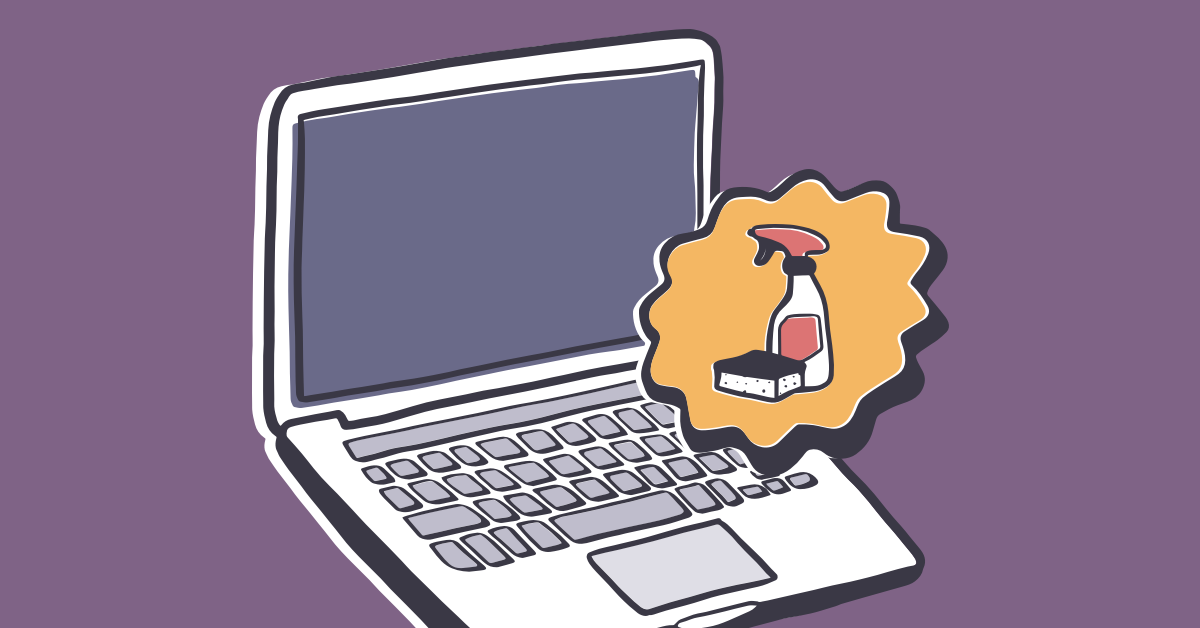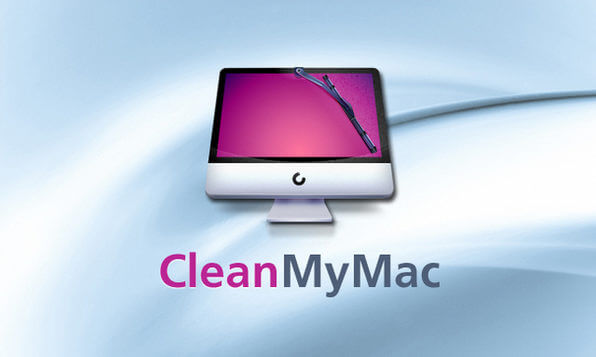

Select the partition you wish to erase.Scroll down and open the Utilities folder.

Note: You cannot delete files/folders in your Mac internal hard drive System or Library folders.Make sure to restart your computer in your main partition to erase additional ones. A pop-up box will warn you that the item will be deleted and you must click “OK” to proceed. The second option permanently deletes it and makes it unrecoverable. The first option will move the file/folder to your Trash, where it can still be recovered (until the Trash is emptied, of course).
#How do i clean my mac disk free#
This will allow you to keep selecting files for deletion until you have reached the target amount of space you wish to free up. It will say “Shown: xx GB, selected: xx GB, filtered/hidden: xx GB”.

To preview a specific file (not a folder), right-click on the file and select “Preview”.Reset Filters: To reset all filters, click the “reset filters” link on the bottom-left of the window.

Click the header again to reverse the order. Click the “Occupied Disk Space” header to sort them in numerical order by file size. Sort by Column Header: Click the “Files & Folders” column header to sort the folders/files in alphabetical order by name.For example, if the parent folder has occupied 50 GB of disk space, and a subfolder uses 15 GB, the percentage for that subfolder will be shown as 30%. The Percentage view reflects the percentage of disk space that a file or folder is taking up within its parent folder. Display By: Change your view by displaying files by Space, Percentage, or File Count.File Size: Use the “Over: 0 KB” drop-down menu to restrict your file view to just certain size files.Keyword: Use the search box on the upper-left search for files by keyword.
#How do i clean my mac disk archive#
Group by File Type: You can also see the files grouped by file type into folders (Picture, Video, Audio, Document, Archive and Other) by selecting “View: by type” from the View drop-down menu.Note that we do not recommend deleting system-related files. You can also use this menu to view just Picture, Video, Audio, Document or Archive files. To unfilter these, click on the drop-down menu that says “all files (no hidden & system ones)” and change it to “all files (including hidden & system ones). The hidden and system ones are show in the bottom folder under “filtered objects”. File Type: The default view shows all folders except hidden and system folders.Next largest are shown with shorter bars of yellow, then green, then white for the smallest files. The largest folders/files are shown with a long red colored bar. The colored bar to the right of each folder/file helps you to visualize which files are the largest.Click the target icon to the right of the filename to change the root folder.Click the arrow to the left of a folder name to drill down and see the size of the individual files inside of it.The folders and files on your drive will be shown in descending order from largest to smallest.Wait until the partition map is complete. You can see the blue progress bar at the top of the window. It may take a while, depending on the size of the drive and the number of files stored on it. Disk Drill will begin building a partition map.Find the volume you wish to analyze and click the “Scan” button.Each supported partition will be shown.Open the main Disk Drill window and switch to Clean Up mode.Deleting these files is under your own responsibility and you are the sole responsible person. We are not responsible for any damage to your Computer directly or indirectly caused by your decisions. Disk Drill implements all required warnings and alerts you before taking any actions related to your data. Warning: Disk Drill’s Clean Up module will find files from your Computer’s System Folders, make sure to review these files before you proceed, as erasing some of them may cause your Operating System to crash.


 0 kommentar(er)
0 kommentar(er)
